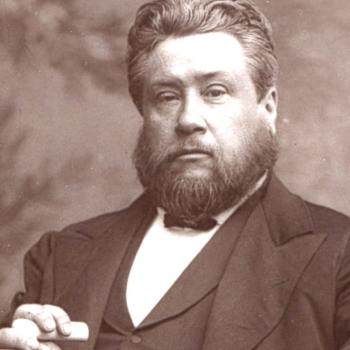Yesterday I spent some time with my Dad going through old files. We sifted through a wide assortment of papers that included:
1) memorabilia around his first pastorate in Loomis, Nebraska—annual reports, Sunday bulletins, newspaper clippings about the fire that destroyed the church, groundbreaking on a new church, correspondence including the church’s call and his acceptance, letters of welcome from other Nebraska pastors, pictures of assorted church groups. The Women’s Missionary Society looked as I had always imagined them—hatted, handbagged, nyloned, and formidable.
2) a stack of newspaper and magazine articles surrounding President Roosevelt’s death, and then President Kennedy’s assassination. Clearly these events had an enormous impact on him.
3) a notebook of Greek translation worksheets and two alumni directories from our shared alma mater.
4) various writings and articles on a wide variety of topics, from spiritual gifts to the impact of Augustine on church history.
5) random personal mementos—a picture of their trip to the Jordan River; a bulletin of my mother’s memorial service; a (shudder) picture of a 10-year-old me with my brother and sister; correspondence around his doctoral work at DU.
Bits and pieces of a life, more complicated, as any life is, than any of these bits and pieces can account for. Up in my attic, I have a trunk with some of my mother’s bits and pieces—a small booklet she made in Vacation Bible School when she was four years old, saved by her mother who tucked it away out of some deep delight, saved by my own mother perhaps as a tangible sign of her mother’s love, and saved by me to remember those generations of love; a recital brochure from grade school; an announcement of her engagement. Booksellers call this stuff ephemera, historical material that was only meant to be temporarily important, “something of no lasting significance.”
Today I read in Acts 1 about the apostles’ decision to restore the “twelveness” of their apostleship. They cast lots to replace Judas, and Matthias was chosen.
I usually read this passage and wonder about the other guy, “Joseph Barsabbas, also called Justus.” The guy who was rejected twice. He had been with them all from John’s baptism, through healings and teachings and raisings and cleansings, to the cross, to the grave, to the dark Saturday, and to the holy morning of joy. He had been there when Jesus ascended and had heard the angels’ exhortation. He was there in the upper room, waiting for the Spirit while praying without ceasing. Still, in these few verses he rises out of obscurity for a brief moment, and then sinks back into obscurity.
Qualified, but not chosen. (Of course, his limited “airtime” was shared by Matthias [who was chosen], along with some of the “originals”—we know nothing about Bartholomew, Thaddeus, or James the son of Alphaeus.)
It’s easy to feel that ephemera is the very definition of our lives, but neither renown nor rejection is the measure of a life. All these bits and pieces that make up a story do not add up to a life. Something more is hidden (Col 3.3), and we are always becoming, always moving into that place where we realize our destiny and can finally learn our true names (Rev 2.17).
Joseph also known as Justus is one of us, often feeling set aside while the important people do important things. Of no account. Still: When Christ, who is our life, appears, then we also will appear with him in glory. And the ephemera will only matter because of God’s deep delight.


















